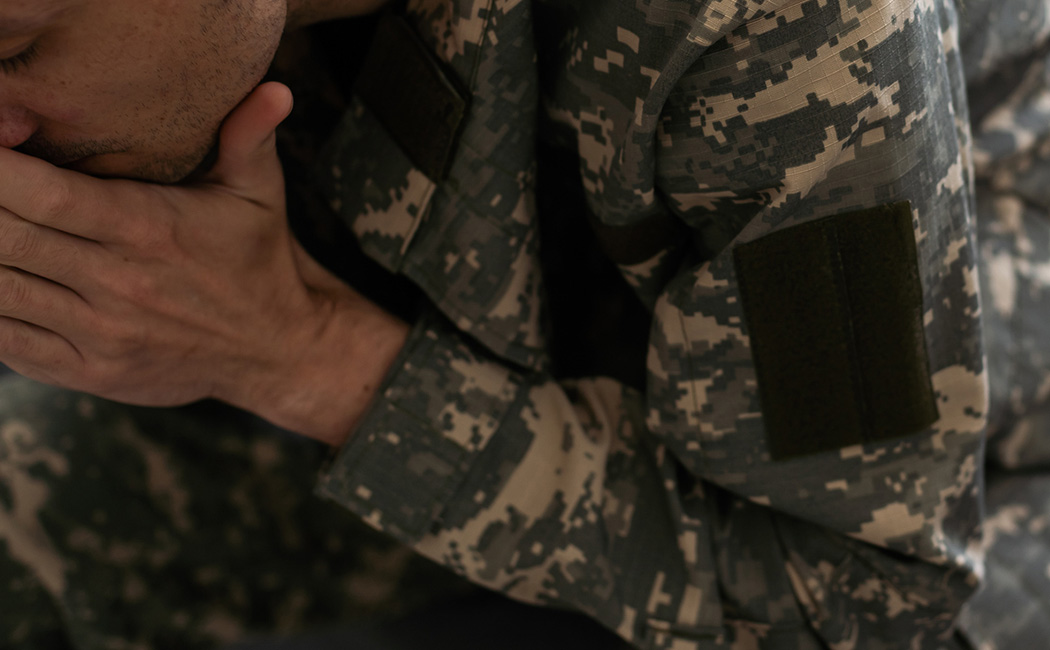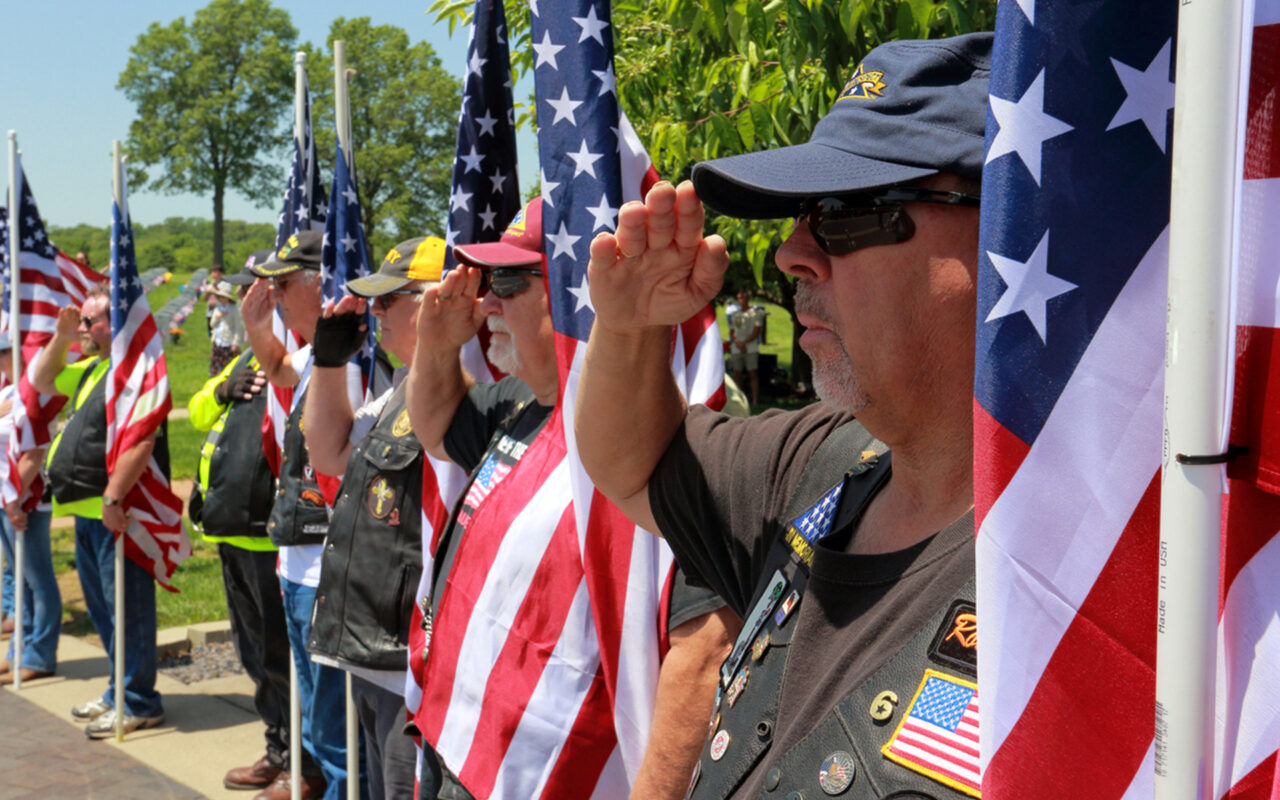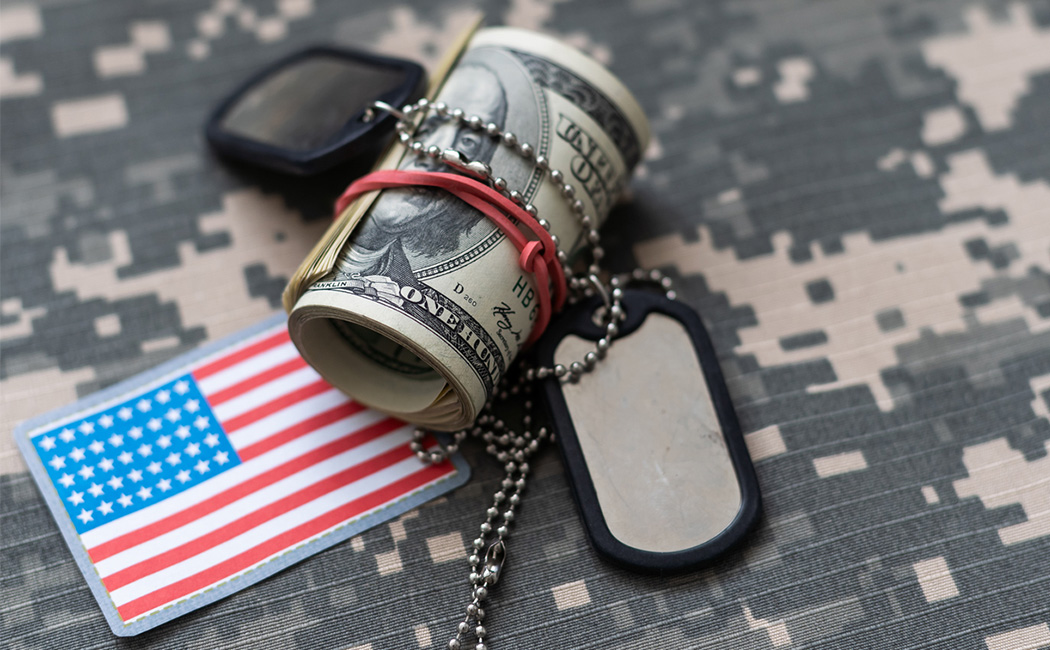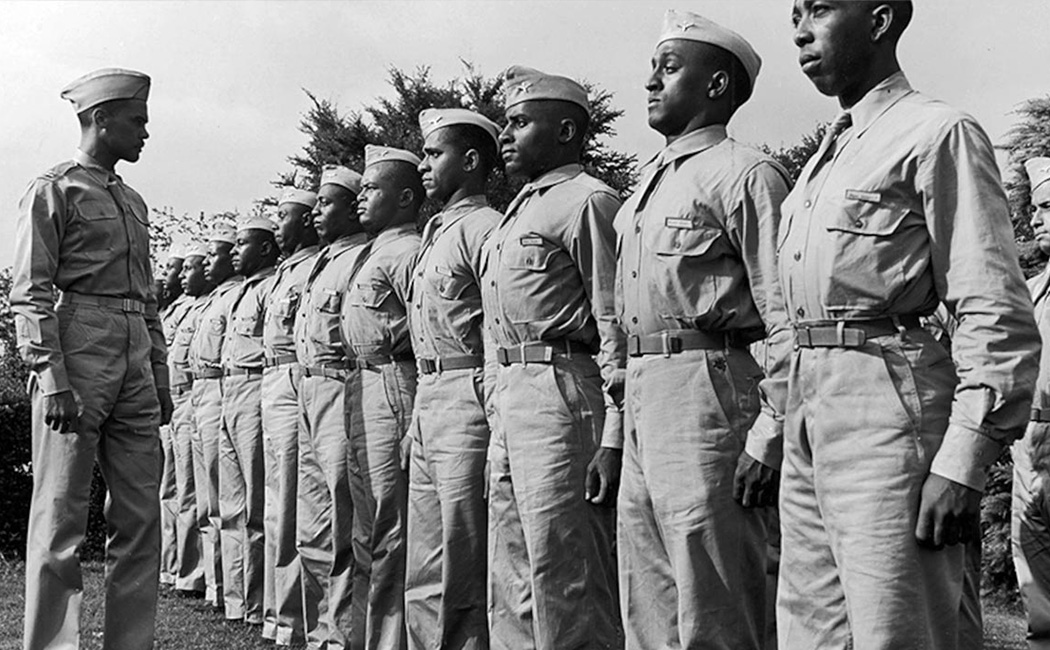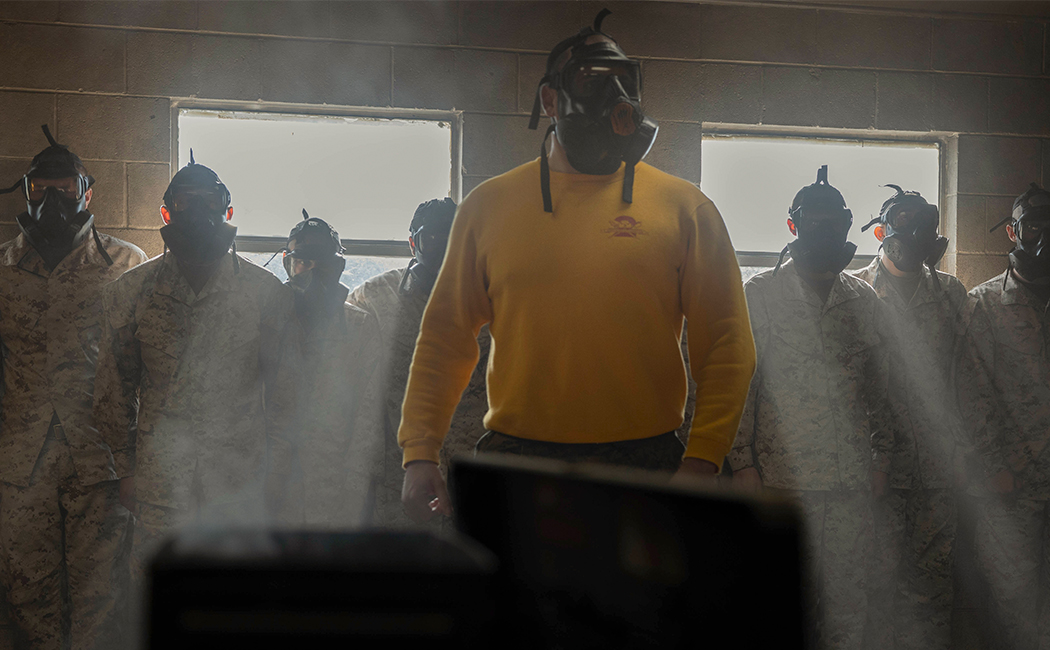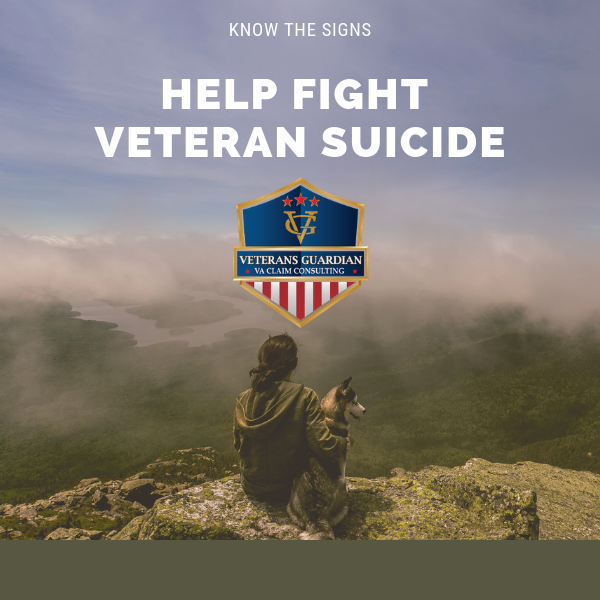
Signs of Suicide Among Veterans
Many veterans have gone through unthinkable, traumatic events. Each veteran reacts to these life-altering events differently. For some, thoughts of military experiences seem unbearable. As fellow veterans and family members, we want to help. However, it can be very difficult to see signs of Veteran Suicide.
Many of these Veterans are planning to, or have already planned on hurting themselves. Because life is so unbearable, they are not able to cope with daily life. According to the VA National Suicide Data Report (2016), there were more than 6,000 veteran suicides each year from 2005 to 2016. Trends indicate that roughly 6,000 veterans will commit suicide this year. This is because life has become impossible for them and they do not seek, nor they do not receive the help they truly need.
Military veterans are a different breed. They have intensive training which can cause them to feel invincible. On the other hand, veterans are vulnerable.
Factors Affecting Suicide
Many physicians are prescribing veterans medication to deal with issues and conditions stemming from service connecting experiences. Years of heavy medication can take a toll on a veteran, physically and emotionally. Because of the opioid crisis we face today, President Trump and Congress have passed a series of bills to help reduce the number of pain killers being prescribed. As a result, veterans are feeling the effects of this bill through changes in treatment options. For example, veterans are being prescribed fewer drugs, and are being offered treatment alternatives.
Furthermore, veterans will not talk about their troubles to loved ones or to trained specialists and do not show signs of potential suicide attempts. This is where we must train ourselves to look and locate signs of trouble for not only veterans of our nation, but everyday citizens who may be experiencing a rough patch in their lives.
What are the signs of Veteran Suicide?
The VA has put together some characteristics to look for when trying to determine if a loved one is dealing with depression or suicidal thoughts. Though many veterans don’t show any signs of harming themselves, some who show signs of depression, anxiety, low self-esteem, or hopelessness may be calling for help. The following can help determine the focus of one’s behaviors that may link to a potential suicide attempt.
- State of being sad, depressed, anxious, or agitated
- Sleeping for excessive hours, either all the time or during the day, and also include not getting enough sleep
- Pulling away from friends, family, and society
- Losing interest in hobbies, work, school, or other things they used to care about
- Expressing feelings of excessive guilt or shame, failure, lack of purpose in life, or being trapped
- Caring less about their appearance or what they look like or what happens to them
You may also find changes in their personalities:
- Lack of performance at work or school
- Acting violently or taking risks that seem unnecessary
- Doing things to prepare for a suicide (like giving away special personal items, making a will, or seeking access to guns or pills)
Taking Action
There are many ways to take action on suicide, but it may feel difficult at first. If you care about veterans, or loved ones showing signs of depression, make sure you talk to them. Communication is the most significant form of understanding. Do not talk down upon someone who may be facing troubles in their lives. This may only push them down further. Instead, allow them to open up by providing them with a safe space. Trained professionals can also lend a helping hand to those in search of answers. A veteran never backs down from a fight, but may end up losing in the end. Know the signs of Veteran Suicide and ensure nobody gets left behind.
Are you a veteran in crisis or concerned about one?
Connect with the Veterans Crisis Line to confidentially speak with caring, qualified responders at 1-800-273-8255 and Press 1, text to 838255, or chat online at VeteransCrisisLine.net/Chat.
This free support is available to all veterans, active duty, guard and reserve, and their families and can be contacted every day, 24/7.



